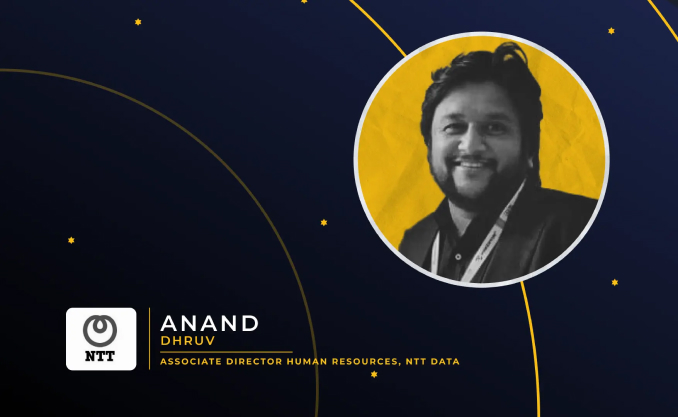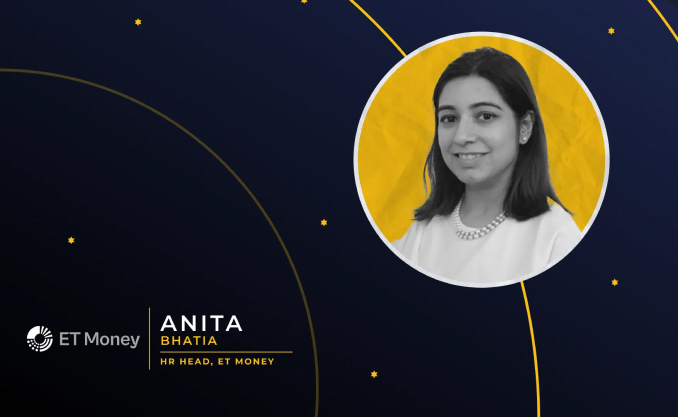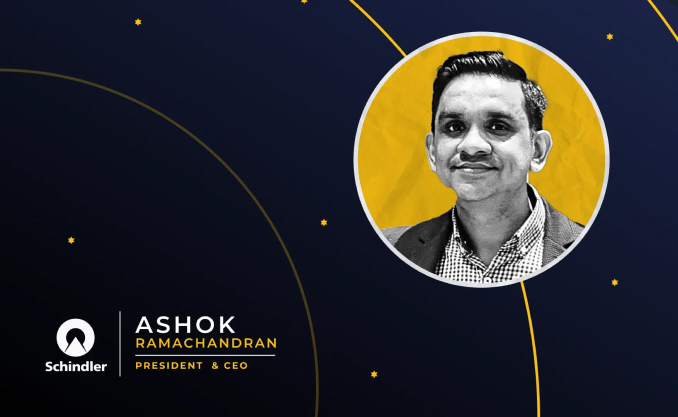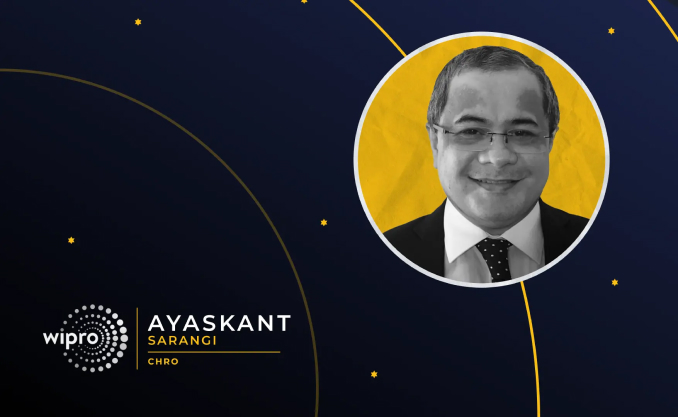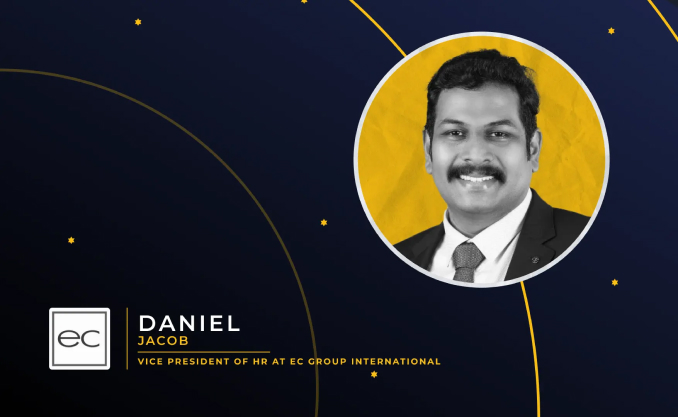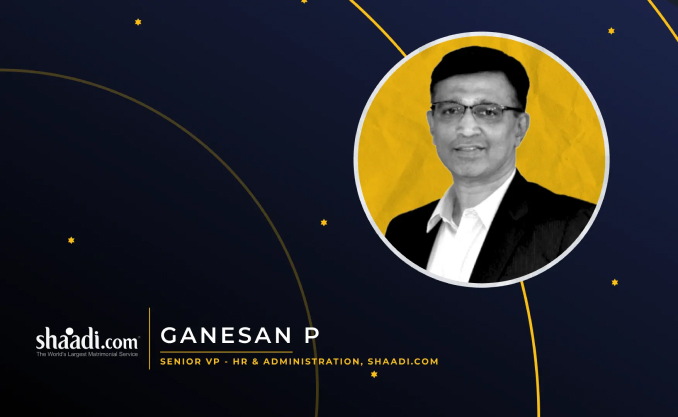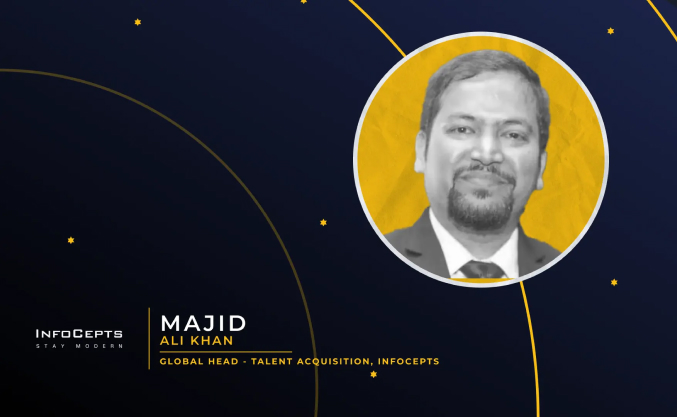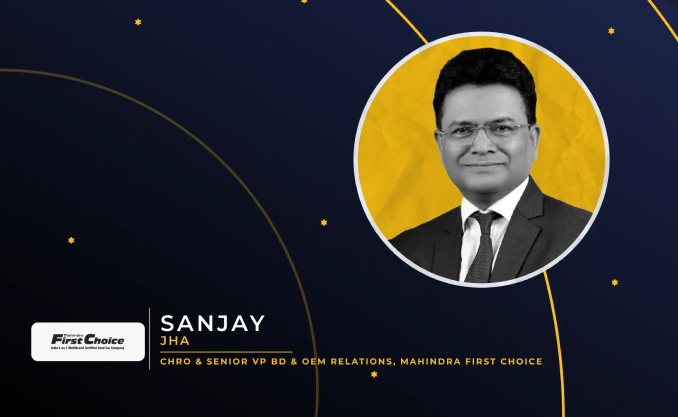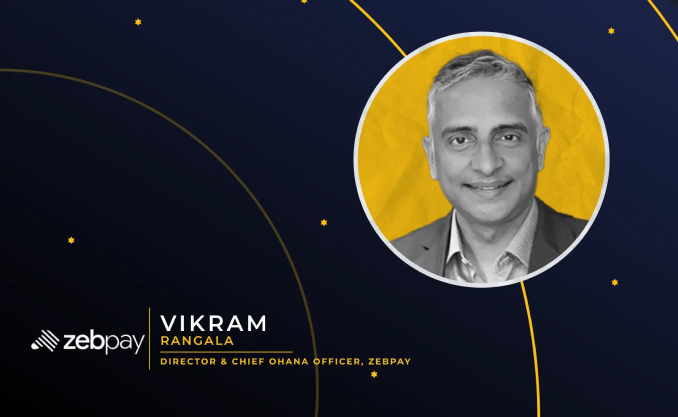With 18 years of experience working as an HR leader, Teena Khanna graduated from the TISS going ahead to be a part of organizations such as Old World Hospitality, Costa Coffee, McDonald's, and Tata Communications before being a part of Lenskart as Head of talent acquisition.
When it comes to strategies that drive HR Teena mentions, “New hire engagement is a strategy that we are driving now as HR leaders, which wasn't something that we used to do before.”
In this interview, Teena Khanna points out how earlier hiring a new candidate was all about pay but now it's more about the impact that they can bring about.
1. Hey Teena, I would love to hear an introduction from your side.
Thank you for having me. And I’m very excited to talk about the work that we are doing here at Lenskart and generally what I’ve been doing in my career now, spanning over 18 years. Started my journey with hospitality and retail in training and talent. So that’s been my core field for 18 years. I’m an alumnus of the Tata Institute of Social Sciences and I’ve done my OD program from there, so that got me started. But I’m excited to be here and talk about my experiences with you.
2. What are the changes that you're seeing today in the world of talent acquisition?
Talent acquisition has changed the landscape with COVID coming in. I think COVID just fast-forwarded that process by maybe 15 years or so. And if you’re talking about LinkedIn, you would have heard about the great resignation wave that people are looking at, I look at it slightly differently.
It means that the resignation wave is also bringing in new employment opportunities to people.
When I go and hire someone in the market as an employer, I’m looking at what is the potential skill set they are bringing in. So, it’s almost like a market correction. How would you see capital investment markets correcting themselves because of economic breakdown? There is a very good corrective action that the market has adjusted itself to. That to me is a huge change today when I go and hire someone in the market as an employer, I’m looking at what is the potential skill set they are bringing in.
So, from a company point of view, we have become more diligent in how we hire, and who we hire and people can then see their journey of output contribution. Candidates are also asking questions about how I will contribute to the success of the company. Which I don’t think was a question that was being asked. People just wanted better pay and they would just jump jobs. Today that has changed.
3. What is your thought on the Great Recession that has been all up on LinkedIn and so on?
When the recession happened in 2008, the market fell quite badly right? But what came out of that was a huge startup ecosystem. Similarly, what COVID did, was not a recession, but it was the downfall of the economy and a downfall for jobs. And I’m going slightly more philosophical here from the economic point of view. Now the potential so-called recession coming in the market is going to evolve again in ways that we haven’t thought about before.
I do feel that yes, this is going to impact, but this is a very small-term impact. Especially now in the Indian market I don’t think in companies this would impact a lot. We are already seeing through LinkedIn that every day a lot of people are joining new organizations. This year we want to hire about 2500 people at Lenskart and I’m already short of people. Our requirement did not go down with COVID or the recession because the requirement of the consumer is just growing.
I don’t think this recession is going to impact the company much, especially with the whole gamut of organizations that have opened up. It’s an ecosystem correction that is currently balancing itself out and in my view, it’s very short-term. It just gives everybody the time to rethink, re-strategize, and come back stronger. Great things are going to come out of that. I’m quite optimistic about it.
4. The market is just correcting itself. And whosoever is going through this? It's very short-term. So it means that there are many more opportunities that will come ahead.
See. India as a country has always been a market where jobs have always been temporary. If you go back to the great resignation phase that happened around 2019, India was just coming out of recession between 2009 and ‘10. Everyone lost their job at that time and it was not even a percentage comparison to what the international market went through. India was hardly touched by that. And yet with the mass population that we have, whoever lost their job was back with full force within six to ten months of leaving.
And I’ve got a lot of friends who were in MBA colleges at that time and their placement wasn’t great, but today they are very well-placed in their careers.
Similarly, whenever the recession market starts to hit, India is calculated and insulated from the world economy in a way our policies are designed.
I don’t think it is going to be impacting it like the other countries are, and yet I don’t think there is a panic button to be pressed just yet.
5. The first one is the entire shift to hybrid work, especially in the white-collar segment. And second is the decline of the offer-to-join ratio. Earlier, it used to be that at least two out of five people will join after they have been given an offer and signed and everything else. But now it has dropped by 50%. So, what are your thoughts, and what is your experience on that?
A few years ago, recruiters would line up candidates and just choose one out of the best out of them. There wasn’t an equal partnership where candidates came in on the same level as the company. And now I’m very happy that it is the candidate’s market because now the companies are improving their benchmark. Everything has been pushed to a different level. The gap between the offer letter and the actual joining has gone up by 50%. The idea is to invest in people in a way that they are positively nudged to join your company. For example, for some of our colleges, we take our leadership positions to do master classes for these people and these could be general leadership skills, general life skills, or general retail skills. New companies have come up with engagement platforms to make sure all of their needs are met.
But also, even if they don’t choose to join, they continue to look at your company as a potential employer in the future. Lenskart is doing a huge amount of podcasts and connecting between 45-to-90-day periods to make sure that Lenskart continues to be their top-of-the-mind employer. Even from an onboarding point of view, how you onboard an employee on day one is changed completely. I see a lot of companies who do dance performances, team get-togethers, lunches, and very creative ways coming out from all of this problem statement that we arrived at, to really solve it out.
You know how they say people don’t remember what you said, people remember how you made them feel. And as an employer, we are making sure that we make them feel extremely welcome whether they join now or in the future.
So, it’s pushing all of us to be extremely creative and be on our toes which are required from the company’s end as well. The moment you sign on the dotted line of the offer letter, whether you’re joining in 45 days, 90 days, or 30 days, we start investing in you right from day one.
6. While it is true that candidates might select a company for the short term but eventually in the long run they will select a company that provides them with the best candidate experience.
Being in a candidate market is always better than being in an employer’s market. I’d say candidates who are making a compromise by joining Lenskart are not the propellers that successful companies are looking for.
So even when we hire as a simple position as a sales associate, because they’ve got multiple options available but they are choosing to join Lenskart, their contribution to making a customer smile and happy is so much more than if just bring them in on a lesser pay or when they’re probably not as invested in the Lenskart success. I think it’s a good direction to be in a candidate market.
7. What kind of tools that you think would add value for HR leaders and would push a greater experience for candidates in the entire recruiting process?
New hire engagement is a strategy that we are driving now as HR leaders, which wasn’t something that we used to do before.
Some of the tools that we use are quite relevant to what’s going on in the market in social media and digital strategy. One of the things that we have is an offer postcard and it’s a tangible physical postcard that has a message from Piyush Bansal personally handwritten by him, which we give out to every candidate.
Some of the tools that we use are digital learning platforms. So our LMS platform that we have at length and we extend a part of this learning platform to the new hires. We make sure that there are courses and masterclasses like I said, that they have access to. There are certain podcasts that we make use of where we bring in our people, especially the optometrist population that Lenskart targets which is the core backbone of our business.
We are seeing that the market space in the engagement of a free higher population is now moving out. There’s a huge strategy around how to provide learning to people even before they’ve joined, but learning that they can apply anywhere, not just very length specific. My reach out to most of the leaders right now is how do you integrate the life that people are already living and make your brand part of it rather than bringing in something new that they will have to adapt to.
8. Yeah, so it all boils down to the affection shown by the company which results in a positive engagement.
Culture is made of tangible items that we gather from the company. There’s a huge connection out there and any item that we can use to build that bond where they start to go out and say this is my company, I’m proud to be joining so and so the company goes a huge way in starting to integrate people into your culture already.
9. What is the advice that you would give to a young college graduate joining the field of HR?
HR is an enabler to make sure that people are working to their full potential. To me, my big advice to anyone who is graduating outside and choosing the field is, are you ready to serve other people? It is a lot of hard work, especially in the times like COVID where HR had to come to the forefront to keep the organization together.
Always remember that you are HR, which means your job is primarily to serve the people and organizations. And I use the word servicing with quite an emphasis because when you come with the mindset of servicing the organization and people, every action that you do will reflect that. So, whether it is hiring the right people, treating them with respect, people with dignity, or extending out what is in the best interest of the organization and what is in the best interest of the candidate, everything will flow from the mindset of that.
So, HR has to step up in balancing people’s personal lives, emotional stress, and trauma, sickness. But the optimism of having a job, getting to work every day, and continuing to contribute to the organization’s success. I think HR stepped up at that point, but it was all done to service people and as long as you can underline that feeling and that mindset, nobody can stop you from succeeding.
Tech, innovation, and creativity will continue to come with new tools. AI will continue to drive, but it’s the mindset that will bring adaptability, not the tools.



